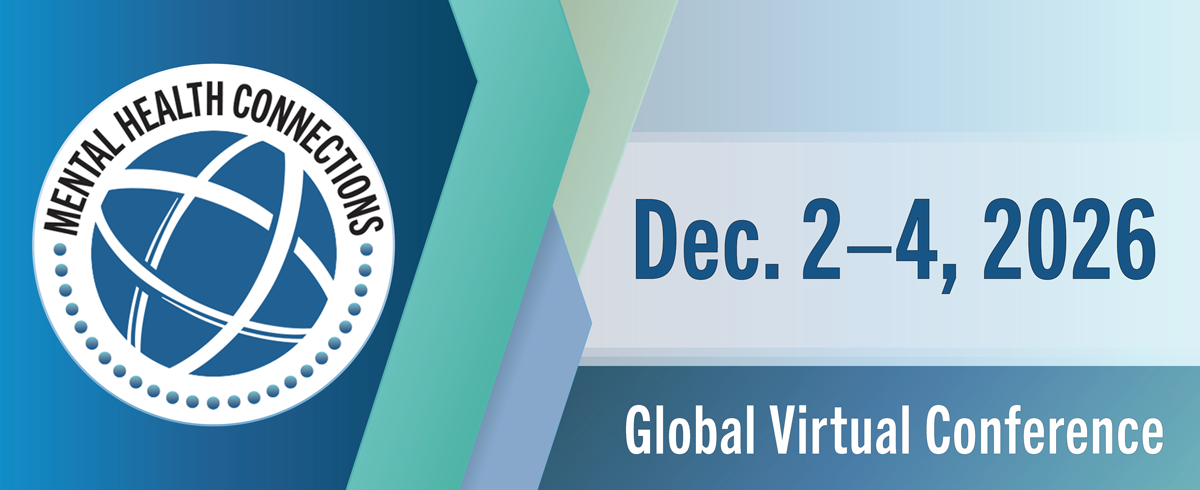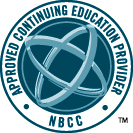
Global Virtual Conference


NBCC and Affiliates works with partners worldwide who are interested in professionalizing counseling and increasing mental health service capacity. Each year, NBCC hosts a global virtual conference featuring NBCC program partners and longtime collaborators to provide a space for counselors from around the world to present about counseling professionalization in their home countries and efforts to respond to increased mental health needs in these countries.
NBCC also recognizes that many counselors and counselor educators are engaged in and dedicated to collaborating across borders and cultures. Therefore, we welcome them to our call for proposals. We strive to feature a wide variety of partnerships and capacity-building work, which allows for a better understanding of the differences, similarities, and mutual need for effective counseling and mental health training, practice, and research within and across borders.
2026 Mental Health Connections Conference
NBCC and the NBCC Foundation invite you to join us during our Mental Health Connections global virtual conference.
This year will highlight education or training, practice, and research geared toward capacity-building, workforce expansion, and augmenting access to mental health care across communities worldwide.
Participants will also learn about counseling through an international and diverse lens and gain insight about counseling and mental health initiatives and movement toward counseling professionalization from speakers across the globe.
This conference will take place December 2–4, 2026.
Objectives
|
Participants will learn about the state of counseling and mental health in countries and communities worldwide. |
|
|
Participants will learn about initiatives in education or training, practice, and research that foster mental health service development among communities both outside and inside of the United States. |
|
|
Participants will learn about partnerships toward building mental health service capacity and workforce expansion worldwide. |
Become a Sponsor!
Conference sponsorship is a way to promote your organization or university to conference attendees from around the world by supporting the Mental Health Connections global virtual conference. Choosing to participate as a sponsor means that your organization or university will be included on the conference website, featuring your name, logo, and contact information, along with information about your organization or university. This information will be available for all conference attendees to view.
Becoming a sponsor will also give you access to written communication through a media package designed by NBCC's Communications Department that will allow you to simply cut and paste language and relevant links to facilitate communication between your organization and your constituents about the Mental Health Connections global virtual conference.
Please reach out to global@nbcc.org for more information.
NBCC Foundation has been approved by NBCC as an Approved Continuing Education Provider, ACEP No. 805. Programs that do not qualify for NBCC credit are clearly identified. NBCC Foundation is solely responsible for all aspects of the programs.
Each state sets its own requirements for licensure, including continuing education requirements to maintain licensure. Questions about CE requirements for state licensure should be directed to your state board. You can find their contact information on our state board directory.

